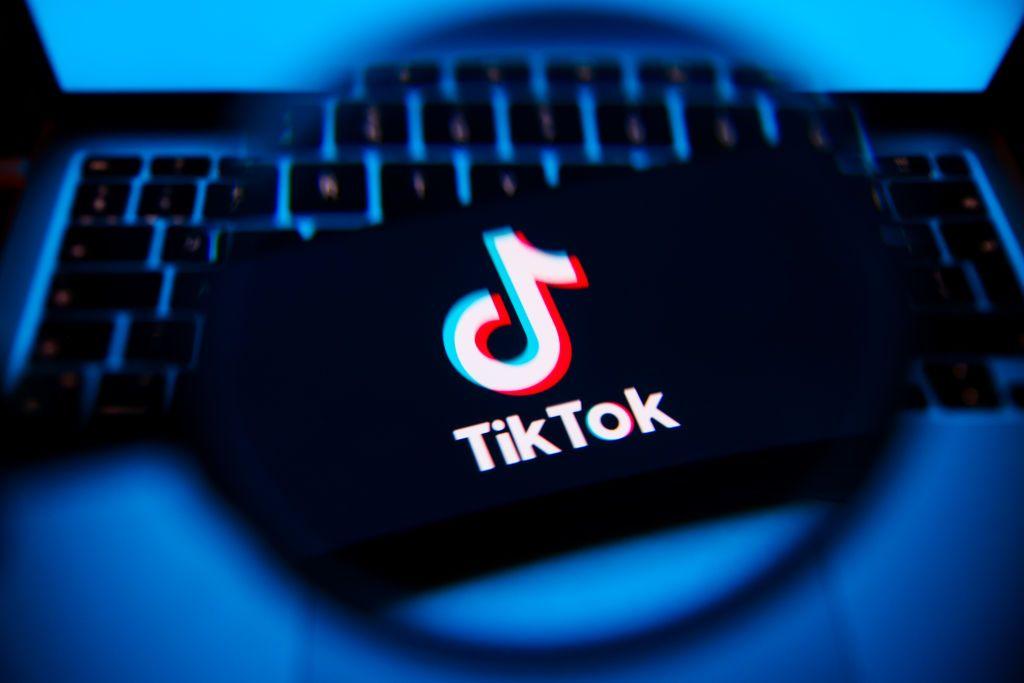The government should publish advice on engaging with young people, including on TikTok, to departments and agencies, a group of parliamentarians said.
The Culture, Media and Sport Committee has been considering countering online misinformation.
The call comes despite the fact that TikTok is currently banned from government devices due to data security concerns.
Accurate information needs to be communicated in a way that is “relatable,” MPs say.
The commission said combating misinformation is particularly important for young people, who are increasingly turning to social media instead of traditional media for information.
Media regulator Ofcom says 15 to 24-year-olds spend around an hour a day on TikTok, which advises young people to meet “in the moment”.
“Governments need a clear strategy to communicate with young people and adapt to the development of new apps and platforms that appeal to young people,” the report said.
Some members of Congress are still using TikTok, even though it is blocked on the Capitol Wi-Fi network.
Defense Secretary Grant Shapps has around 20,000 followers but says he does not have the app on his personal phone.
A source close to Mr Shapps told the BBC in September 2023: “Mr Grant knows TikTok can be a valuable tool for communicating with voters.”
The Ministry of Defense also operates a separate account, which has around 17,500 followers.
TikTok has come under pressure in many countries over its ties to the Chinese state, and the United States recently passed legislation that would require it to be sold or banned.
However, it stands by the commission's findings.
“We welcome the report's recommendations that governments should engage with the public on whatever platform they choose,” the report said in a statement.
Lawmakers obtained evidence from more than 60 different people, including disinformation experts and journalists, before releasing their report.
Among them were BBC journalists Rebecca Skipage and Marianna Spring.
Financial journalist Martin Lewis, Channel 4 journalist Georgina Lee and Will Moy, chief executive of fact-checking service Full Fact, were also interviewed.


